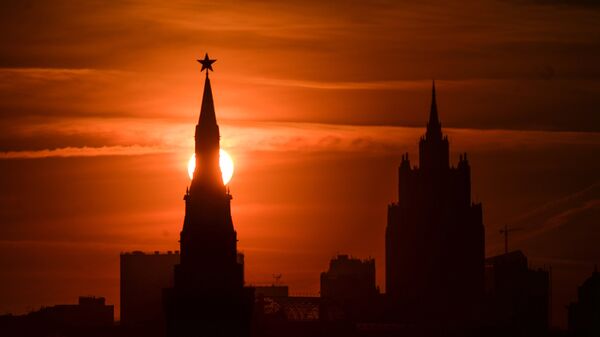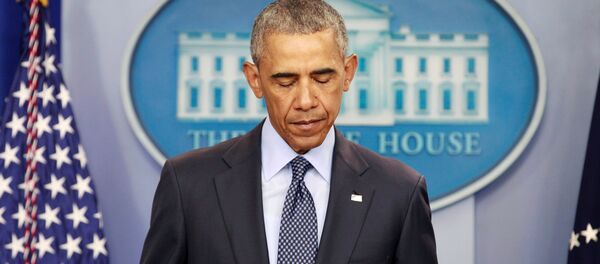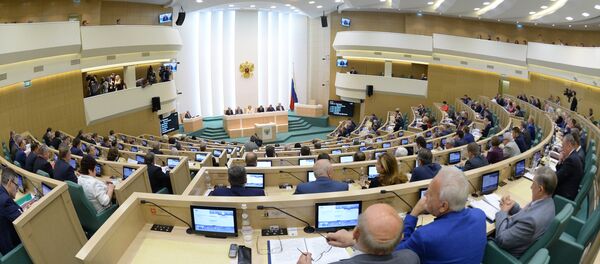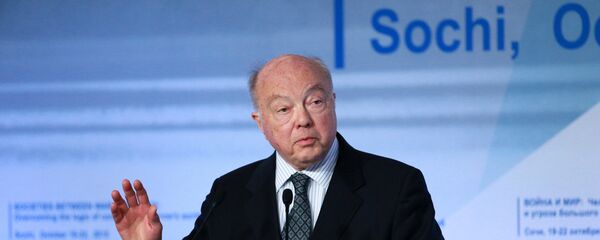Russian military experts have provided their comments on the released statement.
Moscow will agree to the extension only after Washington meets a number of its requirements, including cancelation of the deployment of its anti-missile defense system on Russia’s borders and the withdrawal of tactical nuclear weapons from Europe, Igor Korotchenko, editor-in-chief of the magazine Russian National Defense and member of the Russian Defense Ministry's Public Council told RIA Novosti.
“Moscow will continue negotiations on the further reduction of nuclear arsenals, but only on three conditions,” added the defense analyst.
First, he said, is the full withdrawal of American tactical nuclear weapons from Europe to US territory. Second – there should be a summarized set-off of nuclear potentials for the US, UK and France on the one hand, and for Russia – on the other.
Korotchenko also noted that in the event of a refusal to fulfill any of the above conditions, any negotiations on the possible reduction of Russia’s nuclear potential are out of the question.
Additionally, he added, one should take into consideration that in recent decades, the significance of the nuclear potential of the US has steadily fallen due to the non-nuclear high precision weapon systems it has started developing. The high precision of such weapon systems ensures an effect similar to the one produced by nuclear weapons, he explained.
“In this segment the US has considerable preponderance over Russia. Moreover, it has set up its Global Strike Command, an infrastructure filled up with these high precision weapon systems which are capable of making a strike to any part of the world within 30-40 minutes after such a decision is made by the US president,” said the defense analyst.
“With regards to the extension of the START-III treaty, Moscow will consider it after complex analysis of all the decisions made at the recent NATO Summit in Warsaw and their possible impact on Russia’s military security,” stated the expert.
In a separate analysis on the issue, the Russian online newspaper Gazeta.ru noted that Kremlin’s reaction to the US media reports was rather restrained.
Commenting on the article in The Washington Post, Kremlin spokesman Dmitry Peskov said that the Russian leadership “knows nothing” about the intention of the US president to extend the existing treaty.
The outlet therefore suggested that Russia might get back to the issue after the US presidential elections, as such negotiations are “too important for the Kremlin to start with the president who is already getting ready to step down.”





